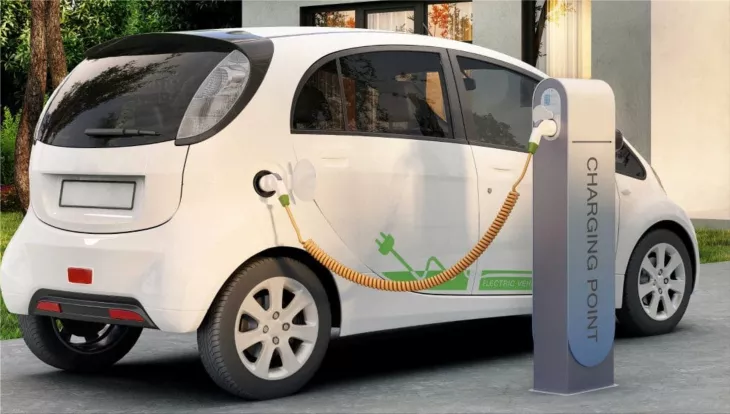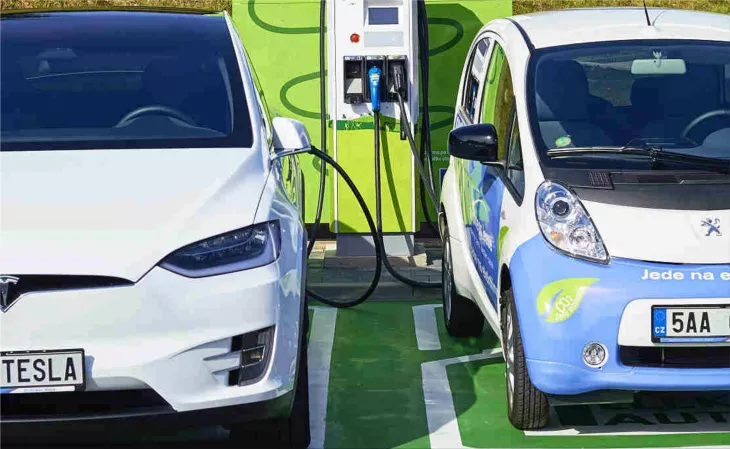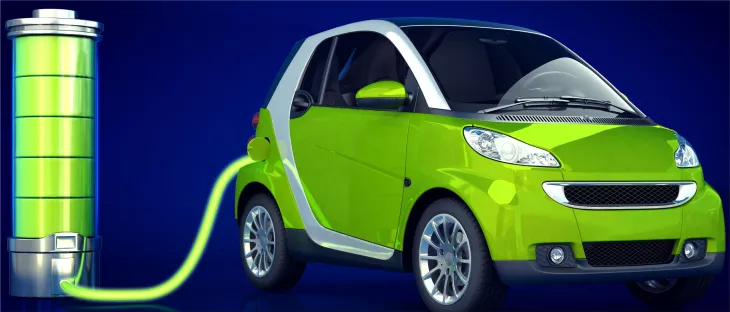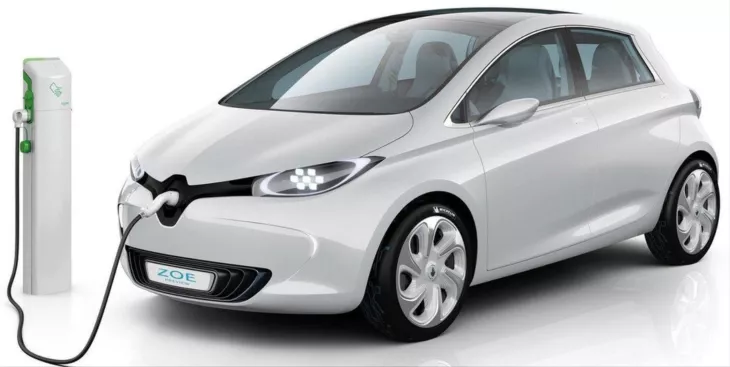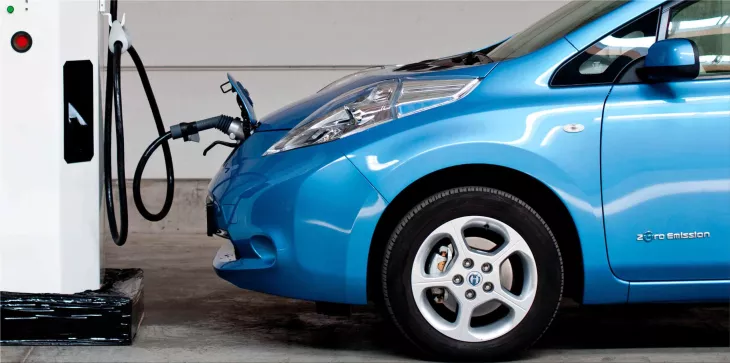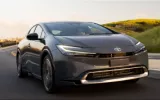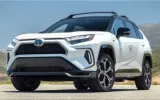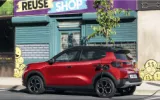According to the International Energy Agency, the growing popularity of electric cars is putting additional strain on supply networks. In light of the current surge in electric automobiles, the International Energy Agency (IEA) has warned about potential bottlenecks in the supply chain and price rises. As a result, more tremendous efforts are required to diversify battery manufacturing and the supply of critical minerals to guarantee the continued expansion of alternative drive types. This is necessary to ensure the continued growth of alternative drive types.
According to the IEA, one of the primary reasons for the robust sales of electric cars in various regions is the continuous political support for the technology. In the future decades, many countries have high goals for the electrification of their vehicle fleets. In addition, many automobile manufacturers intend to electrify their vehicle fleets regardless of the political goals.
Electric vehicles are one of the few areas of the new global energy economy that are as dynamic as others. According to Fatih Birol, director of the IEA, the industry's performance in setting new sales records is encouraging, but there is no reason to get complacent. "Policymakers, industry leaders, and investors all need to be extremely watchful and resourceful to limit the risks of supply interruptions and secure sustainable supplies of vital minerals,"
According to the International Energy Agency, the most significant barriers to the sale of electric cars in the near future are the increasing costs of certain raw materials that are essential to the production of batteries, as well as disruptions in the supply chain caused by Russia's attack on Ukraine and the ongoing coronavirus lockdowns in certain parts of China. In addition, additional efforts will need to be undertaken to construct a charging infrastructure that is enough for the anticipated expansion in the sales of electric cars.
Although there has been a discernible drop in the cost of batteries throughout the past few years, the IEA notes that there is now the potential for a trend reversal. In May 2022, the price of lithium, an essential component in producing the batteries used in electric vehicles, was more than seven times greater than at the beginning of 2021. Additionally, there has been an increase in the cost of cobalt and nickel. The International Energy Agency (IEA) estimates that the price of battery packs may rise by up to 15 percent if prices continue to remain at their current levels. Furthermore, the aggression of Ukraine, which is responsible for supplying 20 percent of the world's nickel for use in battery production, results in further pressure.
Politicians in both Europe and the United States have already begun to encourage the establishment of electric vehicle supply chains on their respective home continents. Currently, China is home to more than fifty percent of the world's total capacity for the processing and refining of lithium, cobalt, and graphite. In addition, China is currently responsible for producing three-quarters of all lithium-ion batteries. The country also possesses seventy percent of the world's production capacity for cathodes and eighty-five percent for anodes, which are necessary components of batteries.
The International Energy Agency (IEA) suggests implementing stringent standards for vehicle efficiency and carbon emissions to increase the demand for electric vehicles. Additionally, the IEA suggests prioritizing two- and three-wheel electric vehicles and city buses to encourage the introduction of electric vehicles in emerging and developing countries. In addition, to ensure a sufficient supply of clean energy, the International Energy Agency promotes the idea of supporting investments in the mining of essential minerals while taking into account environmentally and socially sustainable techniques.





